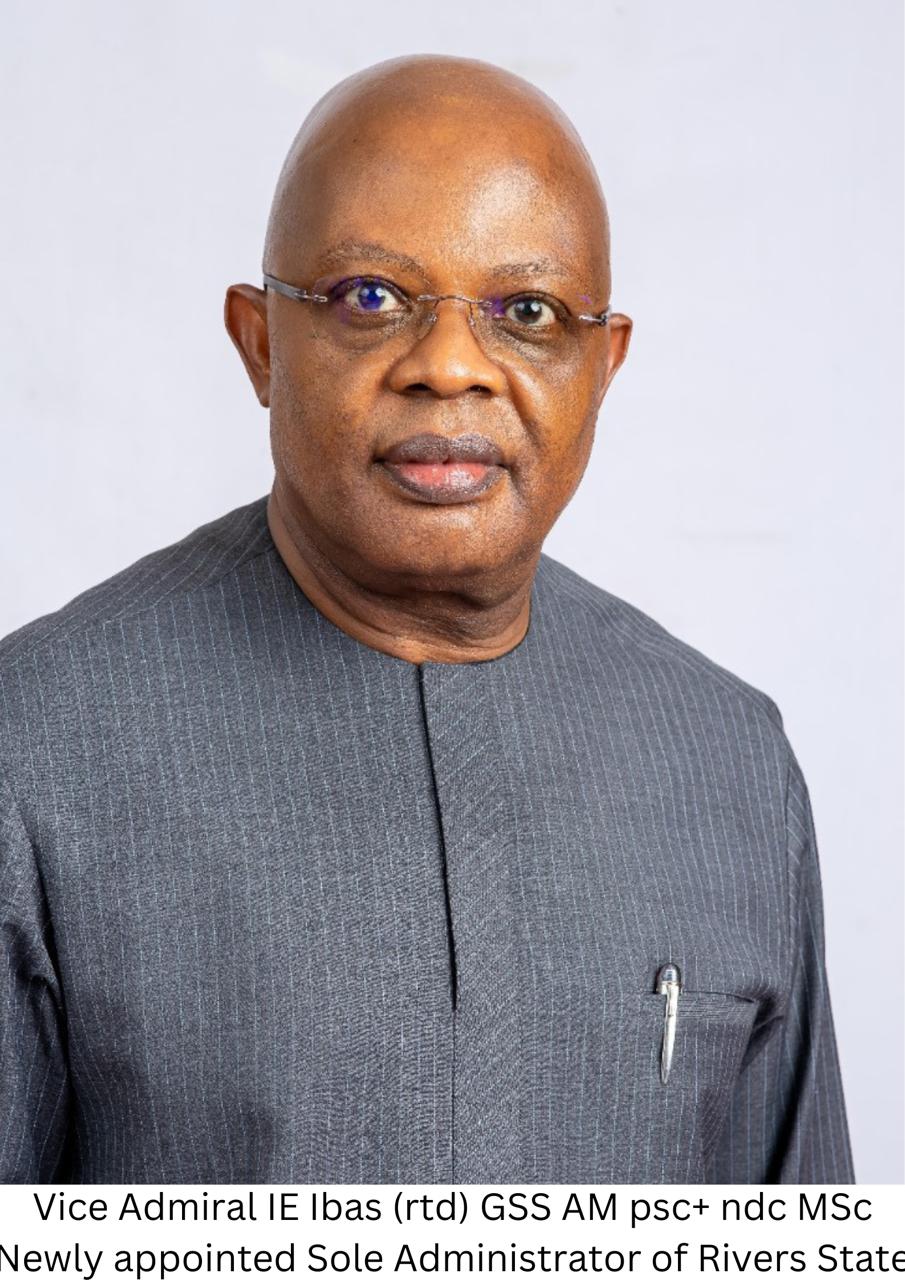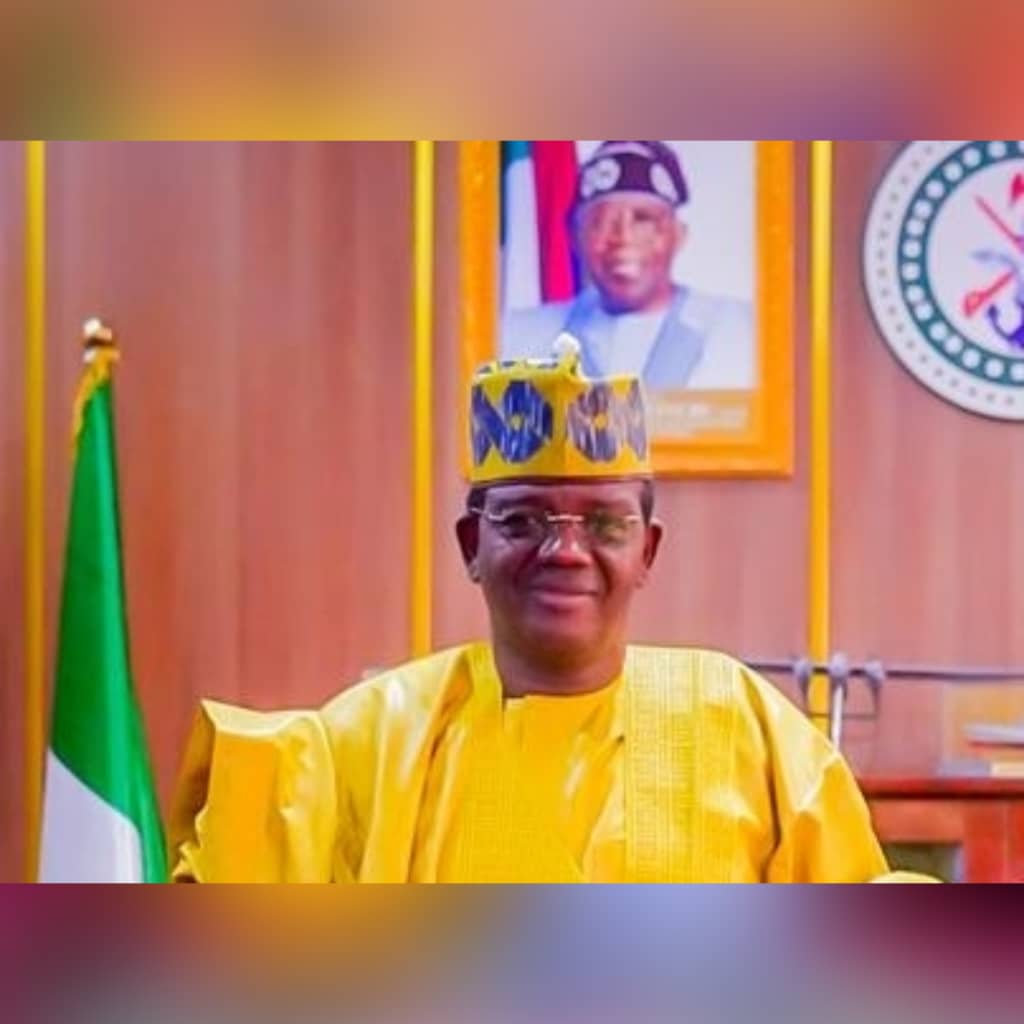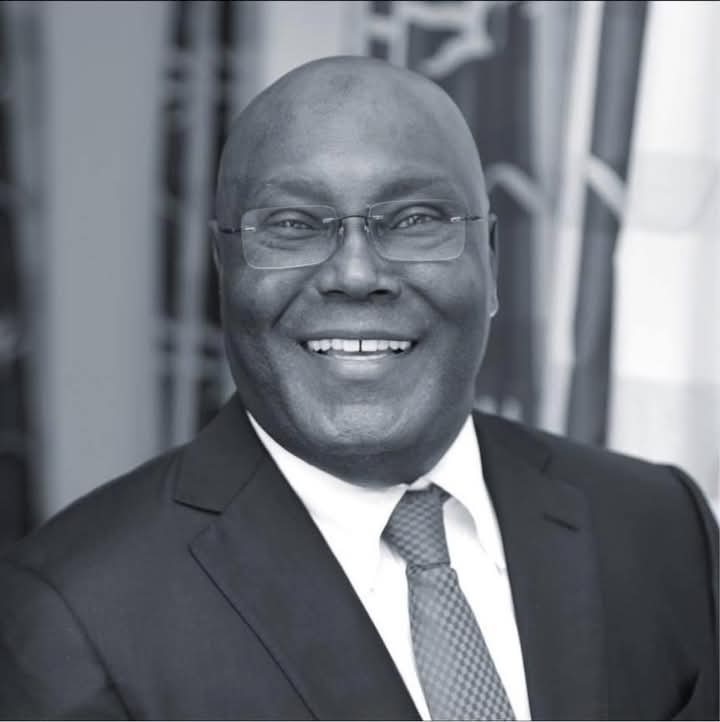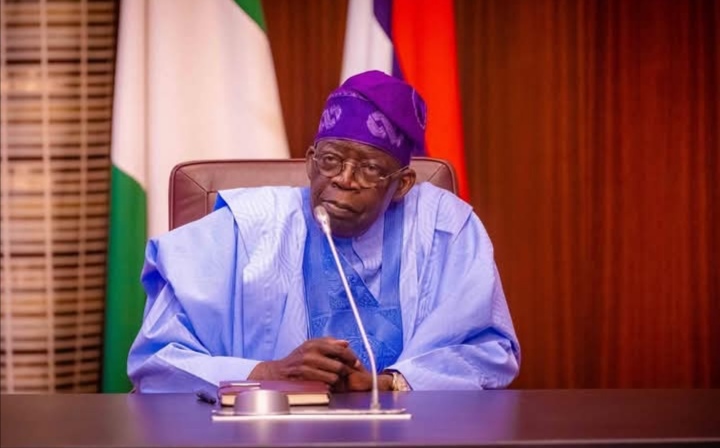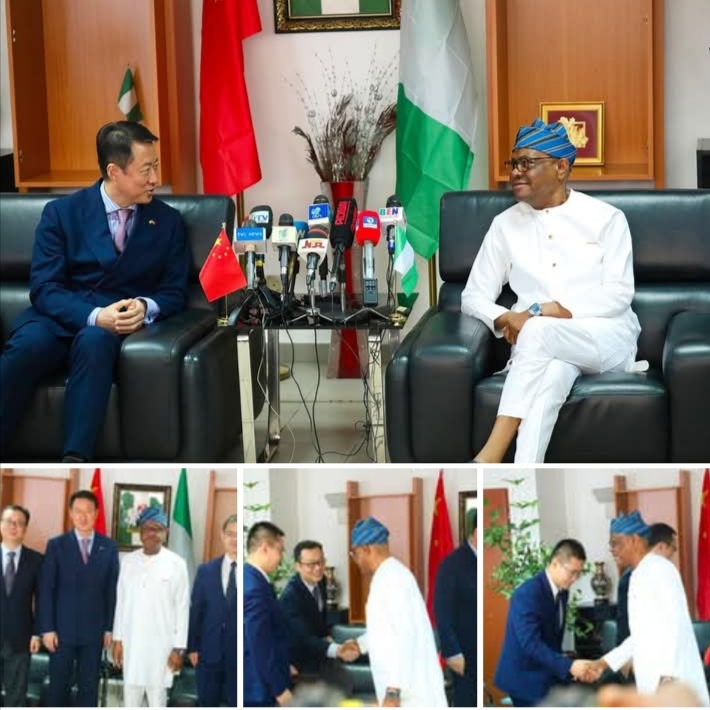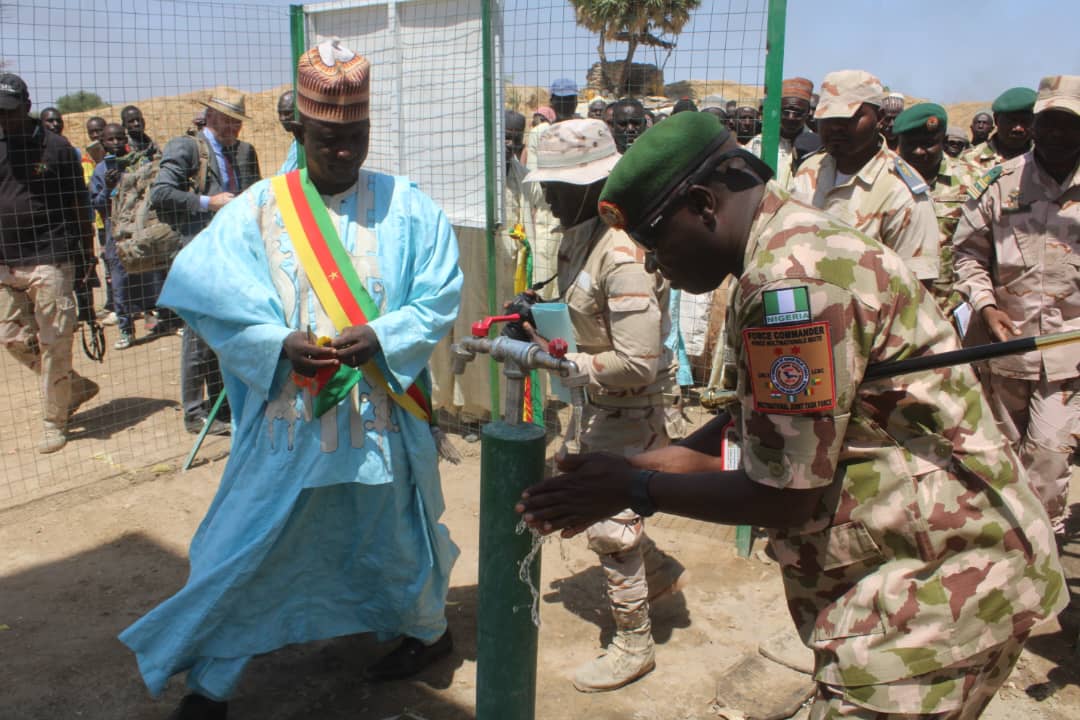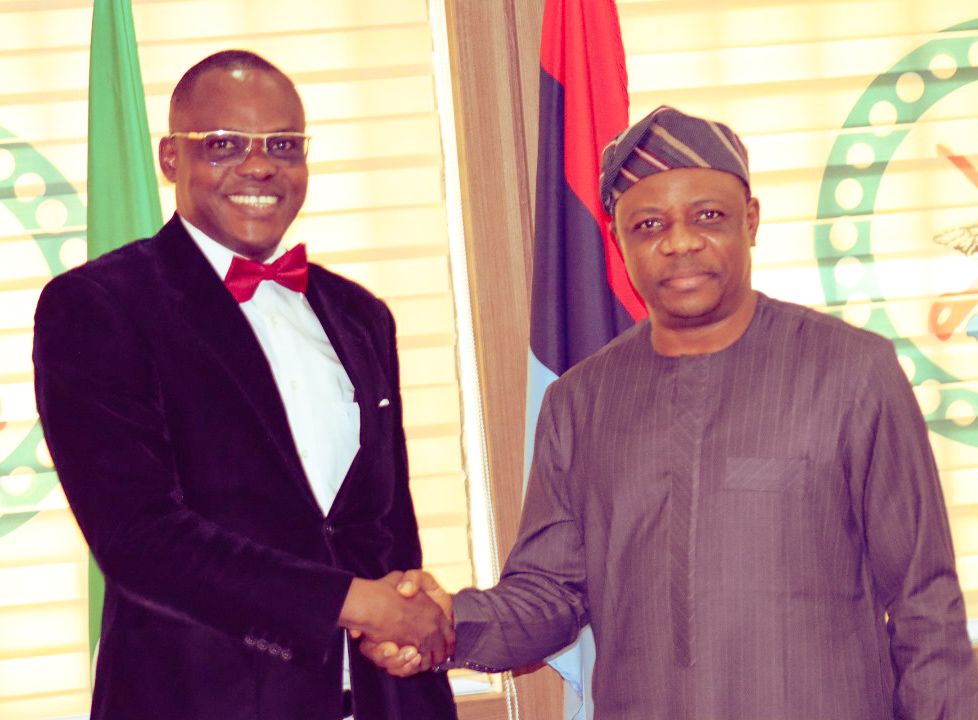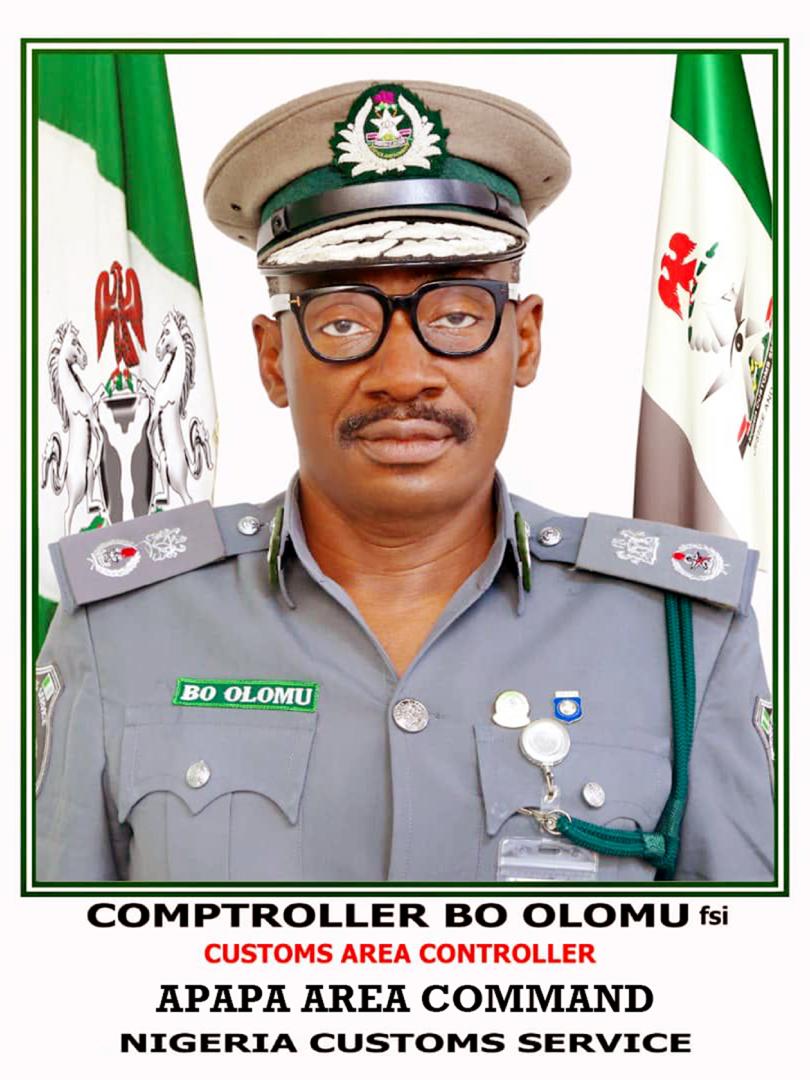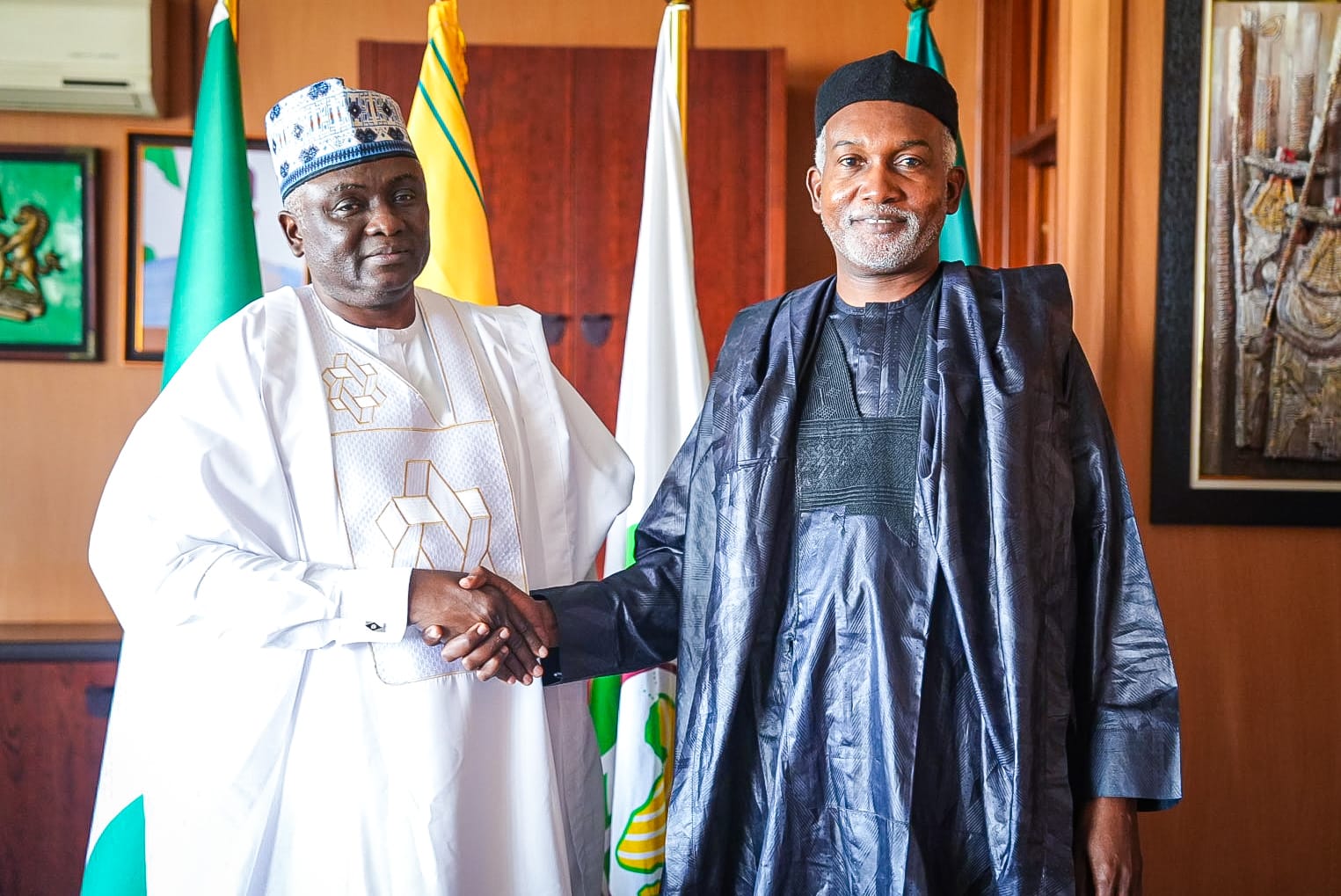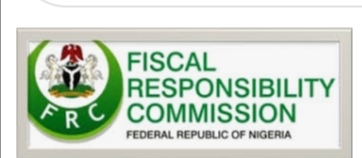Communique Issued At The End Of A 7-Day Capacity Building Workshop Of The Fiscal Responsibility Commission With The Theme “Maintaining Best Global Practices In Project Execution In A Post Covid-19 Economy” Held At The Royal Institute For Training And Human Capital Development, KM 6 Zuba – Kaduna Express Way, Niger State On September 14th – 19th, 2020.
PREAMBLE
The Fiscal Responsibility Commission held a 7-Day Capacity Building Workshop tagged “Maintaining Best Global Practices in Project Execution in a Post Covid-19 Economy” in line with the Commission’s programme for the third quarter of 2020 which is targeted at improving the capacity of the staff to confront the obvious economic challenges of the post covid-19 era and generate/acquire adequate intellectual capability and requisite tools to proffer appropriate and effective solutions to those challenges.
The Workshop is coming at the heels of the Commission’s recent Management Retreat which had the theme “Promoting Prudence, Accountability and Economic Stability in a Post Covid-19 Economy”.
The capacity building workshop, which was put together in collaboration with the Nigerian Institute of Quantity Surveyors and the Society for Project Management and Development Professionals International (who provided the Resource Persons for the one-week workshop), was packaged to prepare and update the knowledge of the generality of Staff of the Commission in the enormous task of project monitoring, evaluation, procurement procedure, project assessment and management in line with the Fiscal Responsibility Act, 2007, amongst others. Both organizations delivered a total of 30 presentations including syndicate sessions during the Workshop.
At the opening of the Workshop on Monday September 14, 2020, the Acting Chairman of Fiscal Responsibility Commission Barr. Victor Muruako lamented the huge economic challenges facing most countries of the world, including Nigeria as a fall-out of the covid-19 pandemic.
He stated that a major goal of the workshop was to chart a new course on the capital project verification function of the Commission as well as work with both professional bodies towards producing and introducing new templates for project verification and revenue monitoring and indicated that the Commission would introduce new measures that would increase independent revenue generation through the increased payment of Operating Surplus by Government Owned Enterprises (GOEs).
KEY OBSERVATIONS.
After an extensive discussion on the various presentations, the following Observations were drawn by participants at the workshop:
That to be able to monitor and evaluate a project properly, the Monitoring and Evaluation team need to have a proper understanding of the baseline of the project and the FRC should be involved at an earlier stage, particularly during the procurement process for major projects.
That there is need to build the capacity of staff of the Commission with the requisite technical know-how to effectively monitor most government projects.
That project evaluation is not the same as project verification as verification comes after the completion of projects and that most Government projects are characterized by poor planning without due professional consultations and lack of effective monitoring and evaluation.
That most MDAs do not bother to submit requisite information on projects when demanded by the Commission or submit inadequate and sometimes inaccurate information, hence the urgent need to amend the F.R.A, 2007 in order to provide for proper punishment for such deliberate infractions by the heads of such MDAs.
That monies meant for monitoring and evaluation are paid to the Contractors, who influence relevant officers including project resident engineers to do their bid – including signing-off on falsely raised and/or unverified Certificates of Payment by Contractors.
That most government contracts are awarded in a hurry without proper design, Environmental Impact Assessment (E.I.A), execution plans etc. which leads to both financial and time over-run and ultimately the failure/abandonment of such projects.
That there should be a standard template for monitoring and evaluation of projects agreed to by all stakeholders that tracts every contract/project from start to finish.
The Commission needs to conduct manpower assessment to ensure that the necessary experts needed to properly execute a project are the exact experts carrying-out that project as well as ensure that Progress Reports on performance of the projects are regularly updated and made accessible.
KEY RECOMMENDATIONS / RESOLUTIONS.
At the end of the Workshop and arising from the presentations and panel sessions, the following key recommendations / resolutions were arrived at as follows:
That the Fiscal Responsibility Act, 2007 (FRA) be amended to provide sanctions for scheduled corporations that do not provide the right information relevant to the proper monitoring and evaluation of projects and the Commission be adequately funded and trained to carry-out independent monitoring and evaluation of projects.
That proper Needs Assessment on projects be commenced as a long-term development plan and the Commission has to be active in her observations and monitoring of how tenders are being opened with respect to certain projects to ensure strict compliance with extant procurement processes/rules.
That it is better to start the monitoring and evaluation of a project at an early stage to ensure that mistakes are easily corrected while achieving value for money.
That on the issue of unqualified persons being used to execute projects, the Commission should fish out these unprofessional and unqualified persons during site inspections and hand them over to the right authorities for prosecution/appropriate sanction.
That the FRC should conduct an in-depth study/investigation into the incidence of abandoned/failed capital projects in Nigeria, identifying their causes, documenting them, and making the outcome/report of the research accessible and available to the general public and the government.
That in order to rigorously evaluate a project, the MDA executing the project should have an online base that is established in accordance with project management practices and software systems which is made readily available and accessible such that the background and updated information on the progress of the project will be available for proper monitoring and evaluation to take place.
That the Commission shall execute a Memorandum of Understanding (MOU) with both the Nigerian Institute of Quantity Surveyors and the Society of Project Management and Development Professionals International and they would assist in developing a template for monitoring, evaluation, and verification of projects for the Commission.
That the Commission will launch critical studies of the short-term effects, cost implications, opportunity/value loss and long-term impact of the present status quo to pave way for integrated and sustainable funds allocation as well as developing an enduring framework for monitoring and evaluation of public sector projects, in Nigeria in furtherance of the FRC’s mandate to undertake fiscal and financial studies, analysis and diagnosis, in line with international good practices and disseminate the result to the general public.
ISSUED AT ABUJA THIS …………….DAY OF ………………………………2020
Victor C. Muruako Esq.
Acting Chairman.


